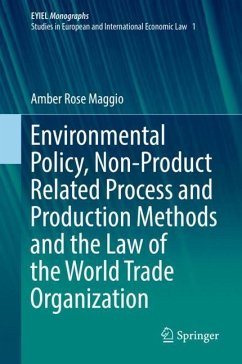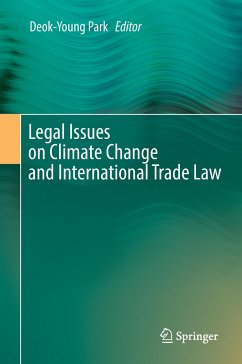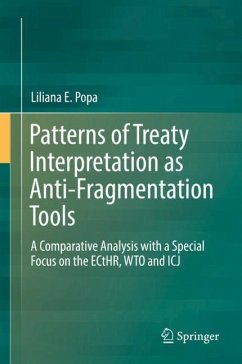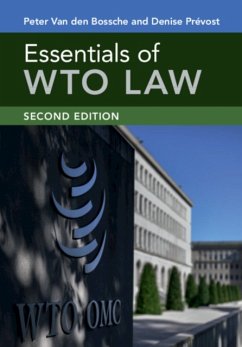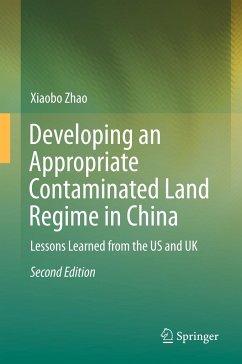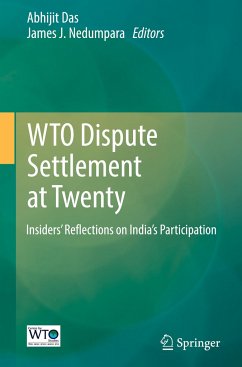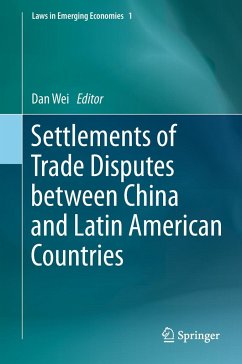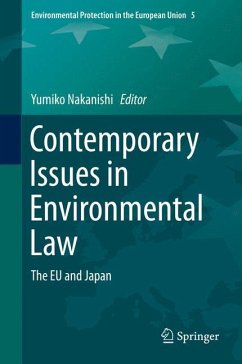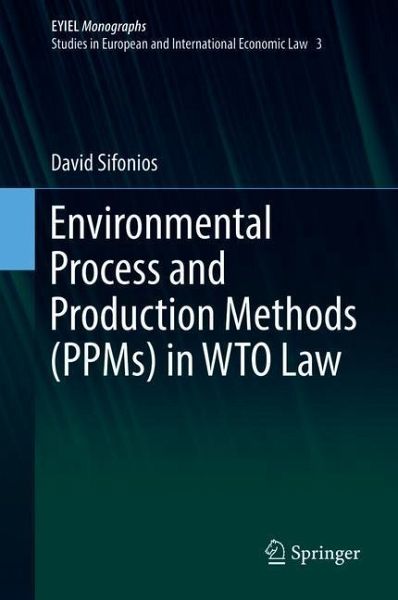
Environmental Process and Production Methods (PPMs) in WTO Law

PAYBACK Punkte
44 °P sammeln!
This book examines the conditions under which PPM measures may be adopted under WTO law de lege lata and de lege ferenda. It analyses in detail the complex case law in this field and its evolution in the last 25 years, as well as the many doctrinal debates around PPM measures and their relevance in the light of the evolution of case law, both under the GATT and the TBT Agreement. Further, it also suggests an original approach to the interpretation of the relevant provisions of the GATT and the TBT Agreement in the context of PPM measures.The PPM issue has been one of the most debated topics in...
This book examines the conditions under which PPM measures may be adopted under WTO law de lege lata and de lege ferenda. It analyses in detail the complex case law in this field and its evolution in the last 25 years, as well as the many doctrinal debates around PPM measures and their relevance in the light of the evolution of case law, both under the GATT and the TBT Agreement. Further, it also suggests an original approach to the interpretation of the relevant provisions of the GATT and the TBT Agreement in the context of PPM measures.
The PPM issue has been one of the most debated topics in the trade and environment debate. Even though the US-Shrimp case showed that PPM measures are not prohibited per se under the GATT, many questions remain unanswered when it comes to the precise conditions under which environmental PPM measures are justifiable under WTO law, for example in the field of trade measures relating to climate change mitigation efforts, natural resources management policies and biodiversity conservation measures.
The PPM issue has been one of the most debated topics in the trade and environment debate. Even though the US-Shrimp case showed that PPM measures are not prohibited per se under the GATT, many questions remain unanswered when it comes to the precise conditions under which environmental PPM measures are justifiable under WTO law, for example in the field of trade measures relating to climate change mitigation efforts, natural resources management policies and biodiversity conservation measures.





